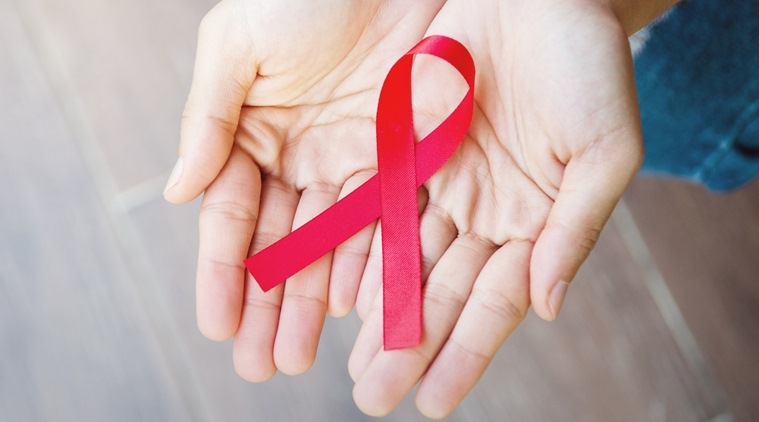Current efforts not enough to end AIDS by 2030: Lancet report
Linda-Gail Bekker, president of the International AIDS Society and lead author of the Commission’s report, told The Indian Express, that current approaches to HIV control were not adequate to contain it by 2030.

With more than two million people with HIV, and an estimated 62,000 AIDS-related deaths in 2016, India alone was to the third largest HIV epidemic in the world, it says.
A new report by the International AIDS Society and Lancet Commission, released online on Thursday, says the world was not on track to end AIDS by 2030, as envisioned as part of global Sustainable Development Goals. With more than two million people with HIV, and an estimated 62,000 AIDS-related deaths in 2016, India alone was to the third largest HIV epidemic in the world, it says.
The report, titled ‘Advancing global health and strengthening HIV response in the era of the Sustainable Development Goals’ notes that world-wide there were about 20.9 million people on anti-retroviral therapy. In 2015-16, an estimated 36·7 million to 38·8 million people were living with HIV worldwide, it says. There were one million AIDS-related deaths in 2016, and overall more than 35 million people have died of AIDS-related causes since the start of the epidemic. The report will be presented at the upcoming AIDS 2018 conference in Amsterdam next week.
Linda-Gail Bekker, president of the International AIDS Society and lead author of the Commission’s report, told The Indian Express, that current approaches to HIV control were not adequate to contain it by 2030.
South Africa had the largest HIV-infected population, an estimated 7.1 million people, followed by Nigeria, where 3.2 million people are estimated to be living with HIV. India, with 2 million estimated HIV infected people, is third on the list. An HIV estimation exercise conducted in 2015 projected that there would be around 21.1 lakh people living with HIV in the country in 2016.
India has declared its aim to decrease new HIV infections by 75 per cent in the period between 2010 and 2020, and eliminate AIDS by 2030. The Lancet Commission report says if India took all proactive measures, including testing, anti-retroviral therapy and pre-exposure preventive treatment, in the vulnerable groups, it could hope to avert only about seven per cent of new HIV cases between now and 2028. That would still mean potentially 51,000 new infections would be avoided and about 81,000 AIDS related deaths would be prevented during this time, Bekker said.
“It is important for India to provide services to key populations of vulnerable groups like injecting drug users, female sex workers, men having sex with men, and eunuchs/transgenders. Rapid and easy access to anti retroviral therapy is crucial as these key populations are marginalised. International funding has decreased and often this withdrawal affects prevention and treatment services to the key groups,” Bekker said in an emailed response.
Indian Council of Medical Research said the country’s HIV programme was being steadily intensified.”We are aware that we cannot be complacent and have intensified our coverage to reach out to vulnerable populations,” R R Gangakhedkar, head of Epidemiology and Communicable Diseases division at ICMR, said.
For all the latest Lifestyle News, download Indian Express App





















.png)









No hay comentarios:
Publicar un comentario